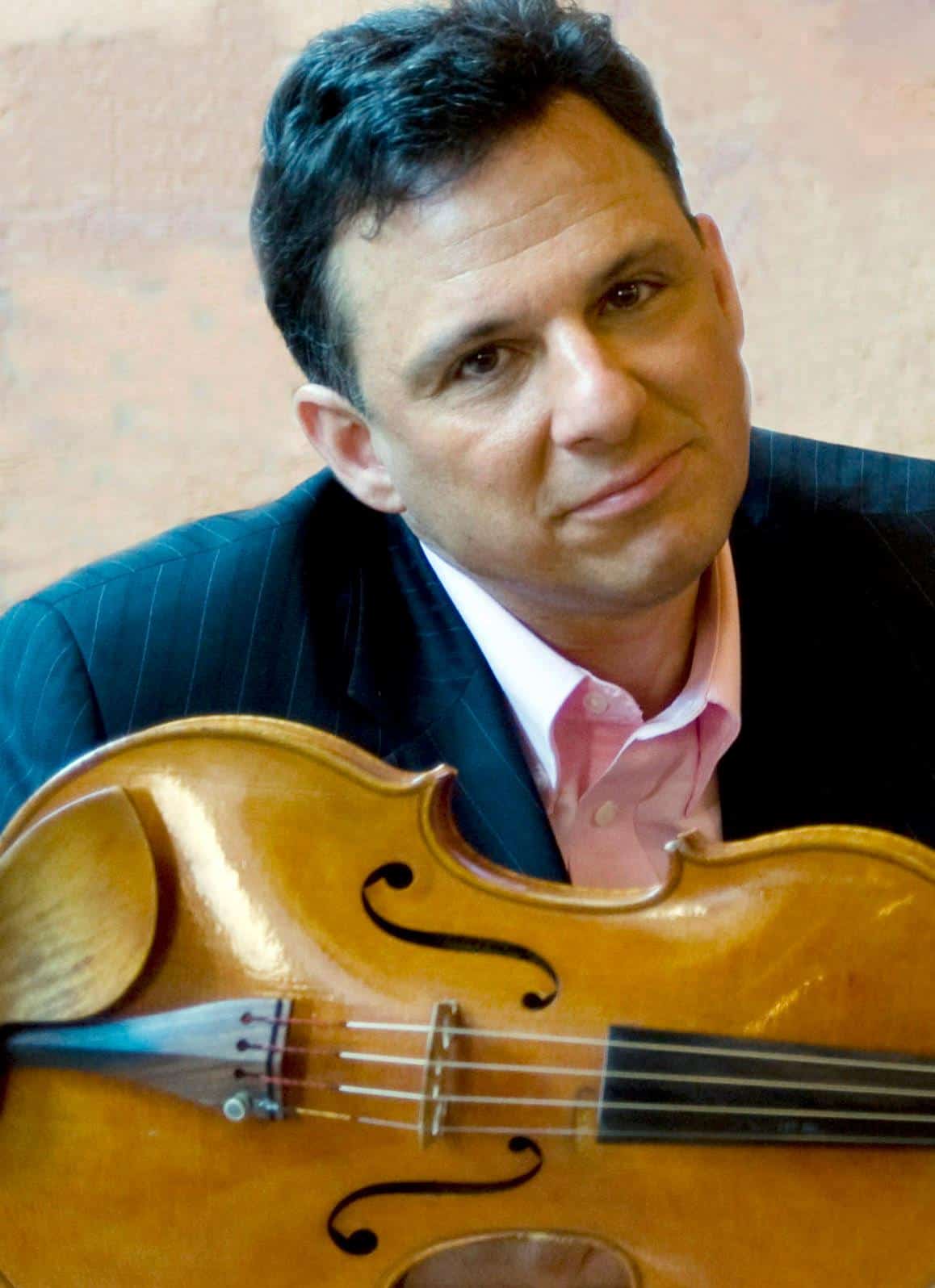Bavarian State Opera opens Nazi-era archives
mainA team from Munich University has found that the city’s opera house was pretty much left alone by the Nazis. Once Jewish staff and artists had been evicted early in 1933, the theatre suffered less interference than most others. It was never obliged to fly a swastika flag on the roof, or to engage in other acts of propaganda.
Hitler did plan to replace the historic building with a more grandiose model.

‘The best thing is, there is no scandal,’ said a relieved intendant, Nikolaus Bachler, on publication of the report.
That may well be, but I can’t help remembering Georg Solti telling me that, in 1946 when he was appointed music director, the orchestra of Bavarian Opera was ‘full of Nazis, of the worst kind’.
Bayreuth has, meanwhile, refused to grant access to its Nazi-era archives.
UPDATE: A reader points out that every document issued by Bavarian State Opera from February 1933 bore this stamp:






Comments